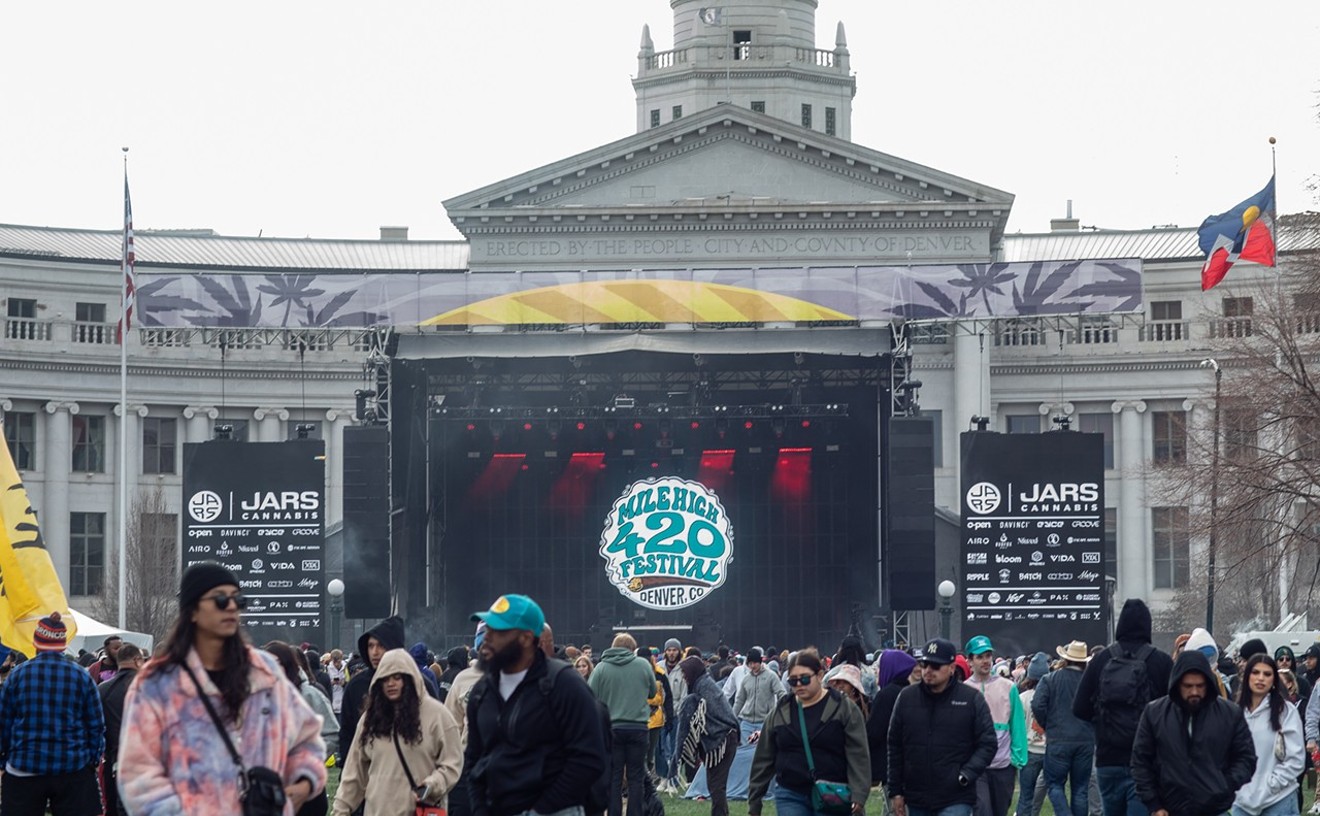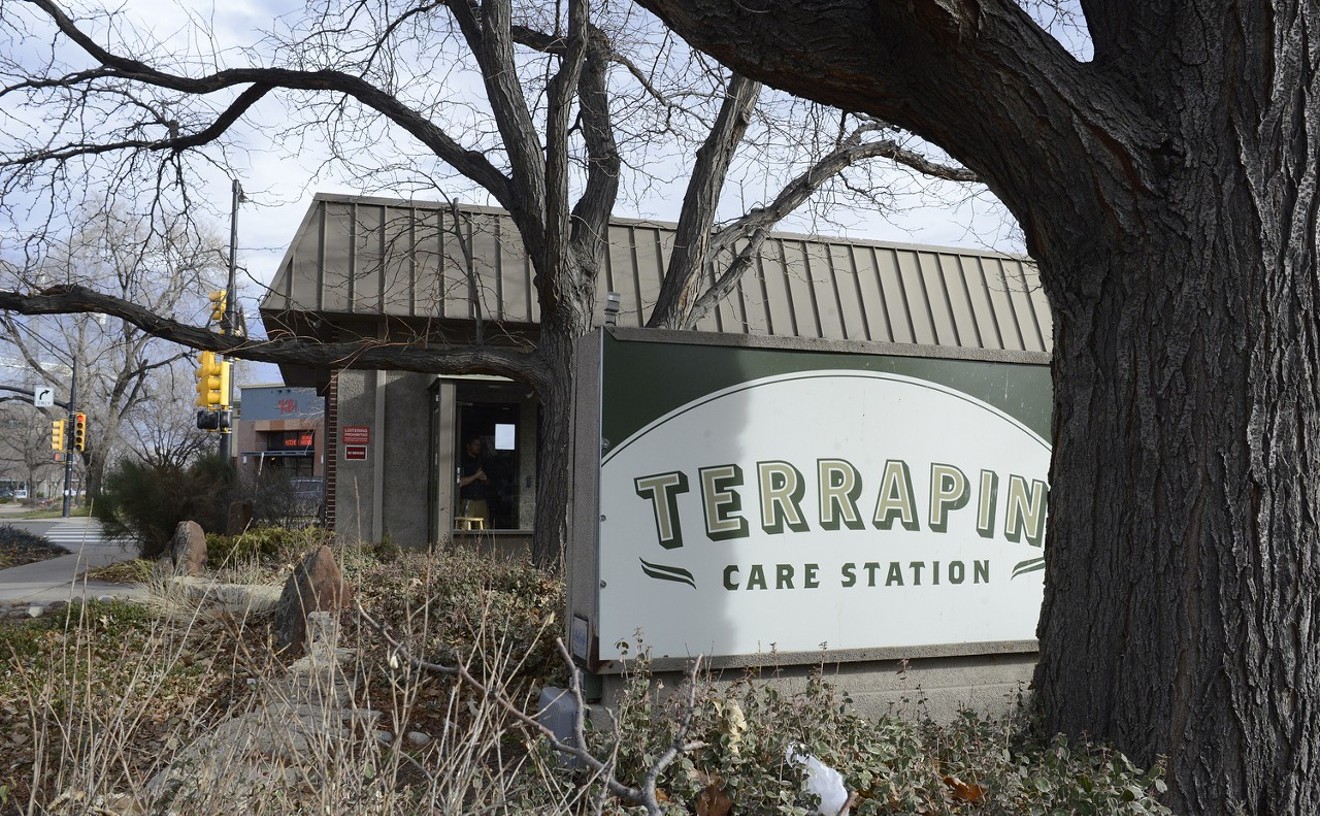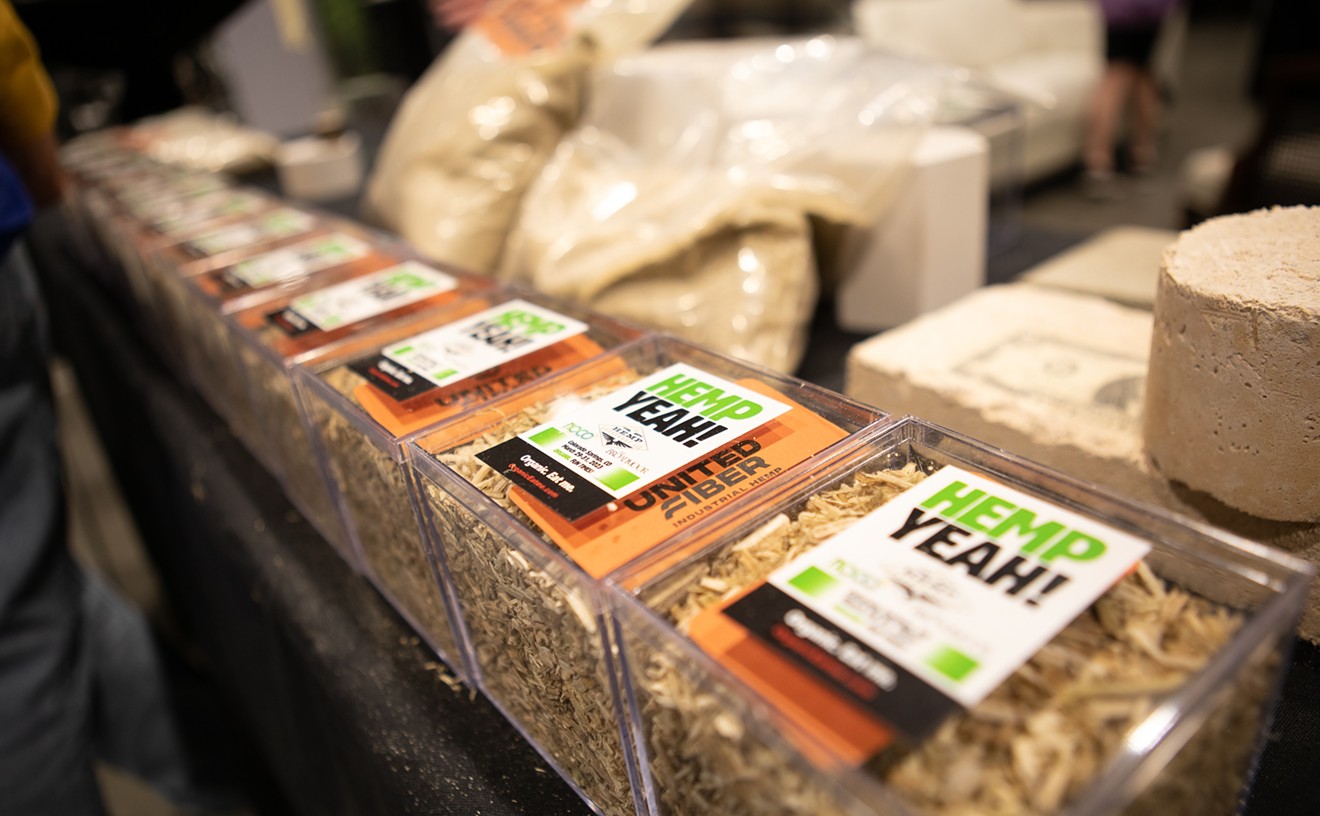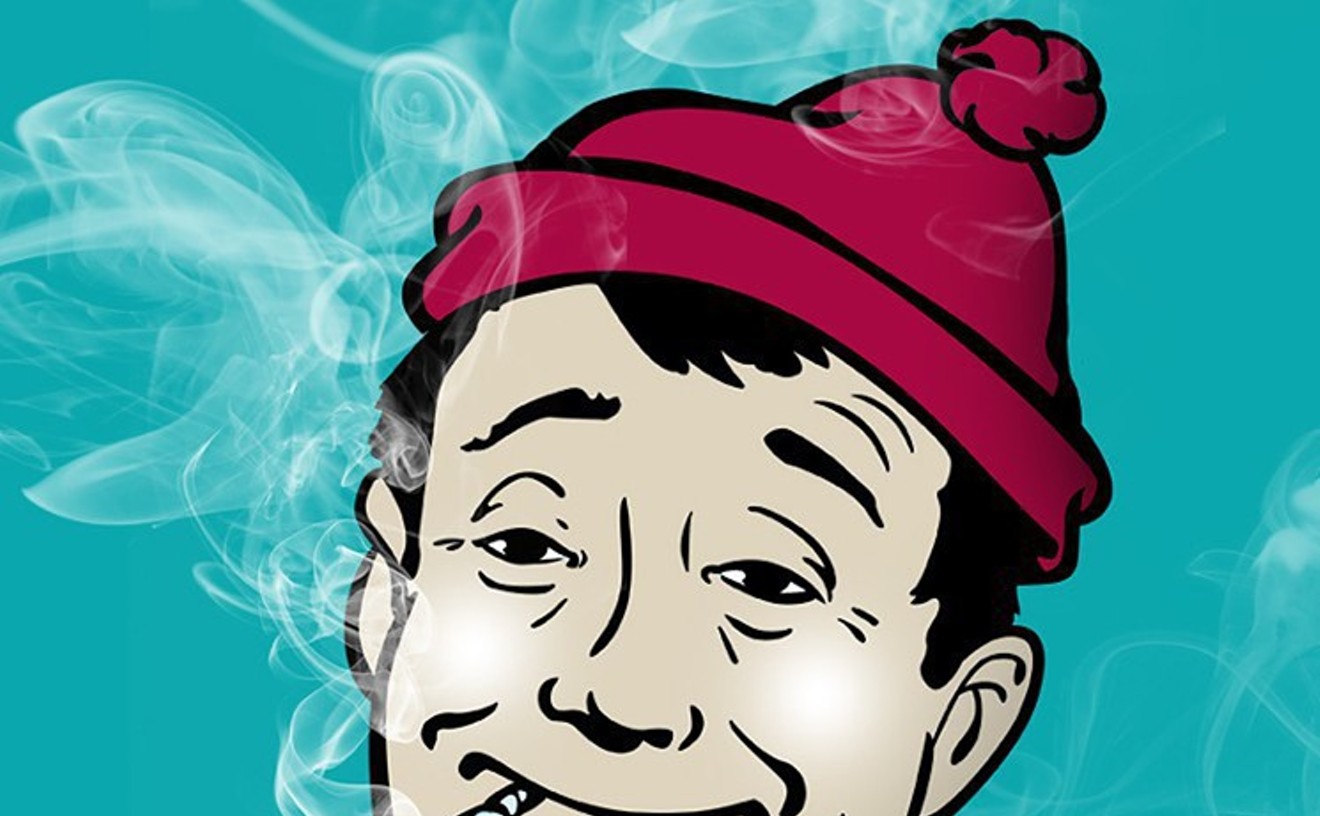Five Denver neighborhoods hold the majority of the city's commercial marijuana growing operations, according to a report from the Department of Excise and Licenses.
Before location rules for medical marijuana businesses existed in Denver, dispensary and cultivation owners struggled to find property owners who would lease space to federally illegal enterprises. Many of these businesses found homes in industrial areas on the fringes of the city before eventually converting to recreational production and sales, as well.
Neighborhoods in the northern and southern edges of Denver still have the highest concentration of cannabis businesses, the city's report shows, with Northeast Park Hill (33), Montbello (32), Elyria-Swansea (31), Overland (21) and College View-South Platte (18) topping the list. According to Excise and Licenses, there are around 250 marijuana growing facilities in Denver overall. Because of the concentration of marijuana businesses, the city is no longer allowing new marijuana cultivations to open in these five neighborhoods.
Medical marijuana's early days created concentrations of dispensaries in nearby areas, as well, with the most well-known being a stretch of South Broadway nicknamed the Green Mile. The Green Mile's neighborhood, Overland, currently has fourteen dispensaries, according to the city report, followed by Northeast Park Hill at eleven stores, and then Baker, Elyria-Swansea, Five Points and Valverde, all of which have ten dispensaries.
All six of those neighborhoods are considered too dense with pot shops, and are off-limits for new dispensary licenses or any stores attempting to transfer from different neighborhoods. The restriction doesn't apply to medical dispensaries or cultivations that wish to add recreational production or sales to their business operations, according to Excise and Licenses. However, that doesn't guarantee approval, either, as the department recently rejected a Globeville medical marijuana dispensary's attempt to gain a recreational sales license — the first time a dispensary's medical-to-recreational conversation has been rejected since 2017.
North Denver community organizations and Denver City Council members who represent that area have been vocal opponents of new marijuana businesses entering their neighborhoods, a reason cited by Excise and Licenses in the Globeville dispensary rejection.
Most of the new marijuana businesses in Denver come by way of business acquisitions or location transfers, however, with all new marijuana business licenses reserved for social equity applicants through 2027.
Although eight neighborhoods are at their cannabis capacities, Lincoln Park was removed from the cultivation restriction list after a cultivation facility surrendered its license. According to Excise and Licenses communications director Eric Escudero, any social equity applicant can now apply for a new cultivation license in that neighborhood.
Update: This article was updated May 24 to fix an error stating that City of Denver still had a cap on the amount of marijuana growing operations and dispensaries. The Denver City Council repealed the cap in 2021.
[
{
"name": "Air - MediumRectangle - Inline Content - Mobile Display Size",
"component": "12017618",
"insertPoint": "2",
"requiredCountToDisplay": "2"
},{
"name": "Editor Picks",
"component": "17242653",
"insertPoint": "4",
"requiredCountToDisplay": "1"
},{
"name": "Inline Links",
"component": "18838239",
"insertPoint": "8th",
"startingPoint": 8,
"requiredCountToDisplay": "7",
"maxInsertions": 25
},{
"name": "Air - MediumRectangle - Combo - Inline Content",
"component": "17261320",
"insertPoint": "8th",
"startingPoint": 8,
"requiredCountToDisplay": "7",
"maxInsertions": 25
},{
"name": "Inline Links",
"component": "18838239",
"insertPoint": "8th",
"startingPoint": 12,
"requiredCountToDisplay": "11",
"maxInsertions": 25
},{
"name": "Air - Leaderboard Tower - Combo - Inline Content",
"component": "17261321",
"insertPoint": "8th",
"startingPoint": 12,
"requiredCountToDisplay": "11",
"maxInsertions": 25
}
]












